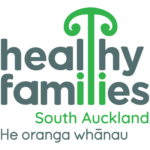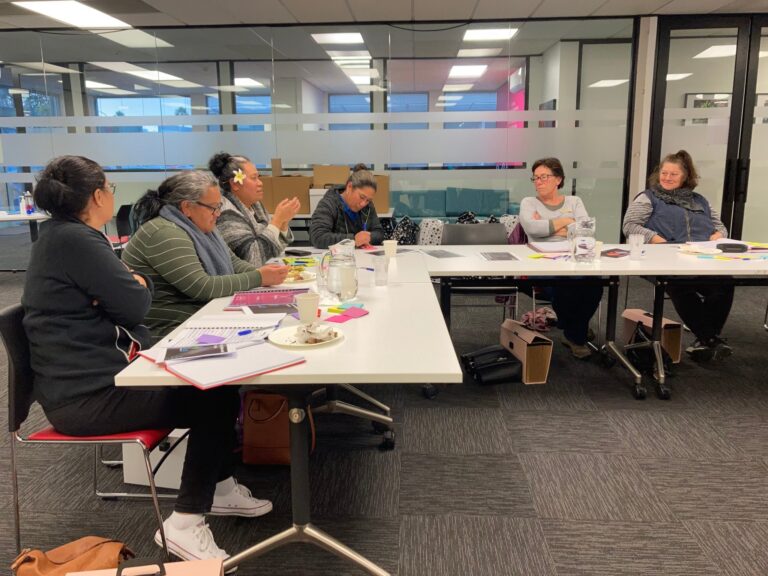
Early Childhood Education Centres involved in the Healthy Families South Auckland’s (HFSA) Early Years Project, report better engagement with families since taking part in the capability-building workshops.
“Before we were always communicating to our parents, we never communicated with each other. Now we plan events with them rather than deciding on our own and telling them,” says centre manager for Samoan Aoga Amata Fetu-i-Sasa’e Aoga Amata East Tamaki, Alovao Fogavai.
The Early Years Project was an opportunity to test the impacts of investing into the learning and development of teachers to enhance health and wellbeing for children in South Auckland under the age of five.
HFSA partnered with Counties Manukau Kindergarten Association (CMKA) and the former Counties Manukau District Health Board (CMDHB) to form a Community of Practice (COP) for accelerated learning. Together with the COP, HFSA supported an application to the Ministry of Education’s Pacific Innovation Fund which was successful.ˆ
In 2021 HFSA worked with two CMKA centres, Counties Manukau Kindergarten Wiri (CMK Wiri) and Pacific Early Learning Community Centre in Manurewa (PELCC), and two Samoan immersion and bilingual Aoga Amata centres Fetu-i-Sasa’e Aoga Amata East Tamaki (East Tamaki) and Taeaofou i Puaseisei Preschool in Māngere (Māngere).
Through co-design sessions with HFSA, each centre was able to identify the biggest challenge faced by parents within the centre.
For CMK Wiri it was the need for better cultural connection and awareness, PELCC identified the need for preparing healthy school lunches, Māngere wanted to strengthen an already existing communications structure between staff and parents, and East Tamaki had a falling roll which was largely attributed to a lack of communication with their whānau.
Centre Manager Alovao reported that East Tamaki not only improved communications with parents but saw an increase in their enrolments since applying the learnings from the project.
“This is the first programme that we’ve got something from that has left us changed, left us with something that we can keep using going forward, we always think that we’re the ones supposed to be planning for our parents, but now we are able to do what’s best for our families because we get their input,” she says.
HFSA’s role is to empower local leadership and community to activate innovative health promoting environments in the places where we live, learn, work and play.
Effective systems change for a community requires an understanding of that community, its needs, unique challenges and shifting the conditions that hold a problem in place.
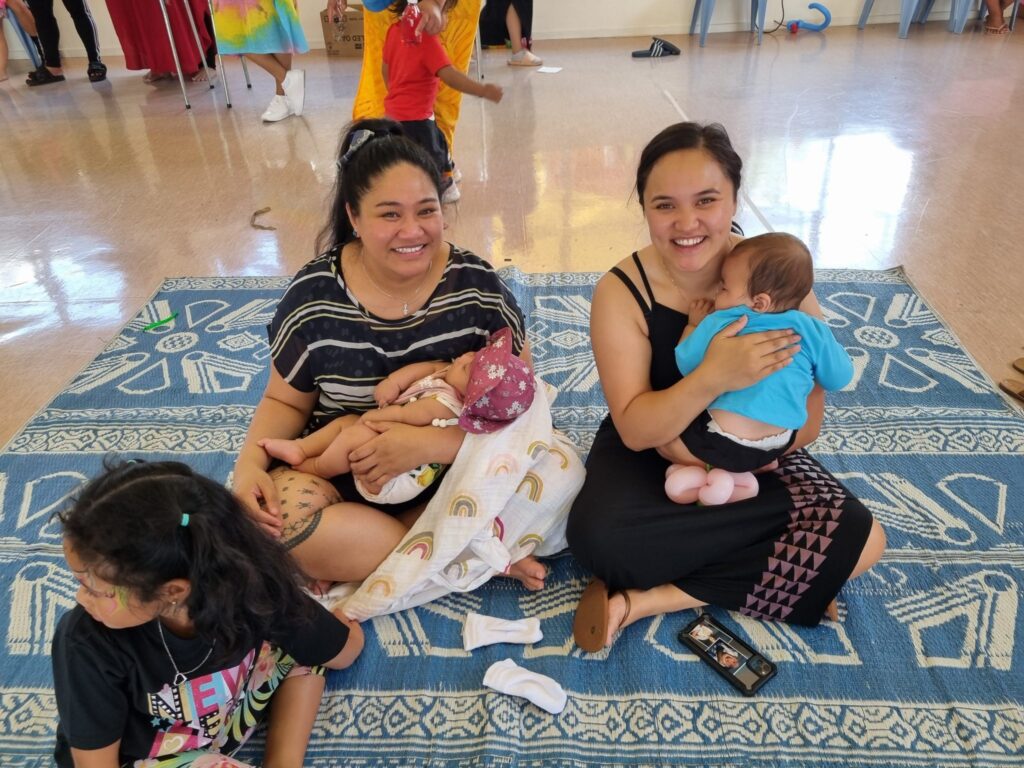
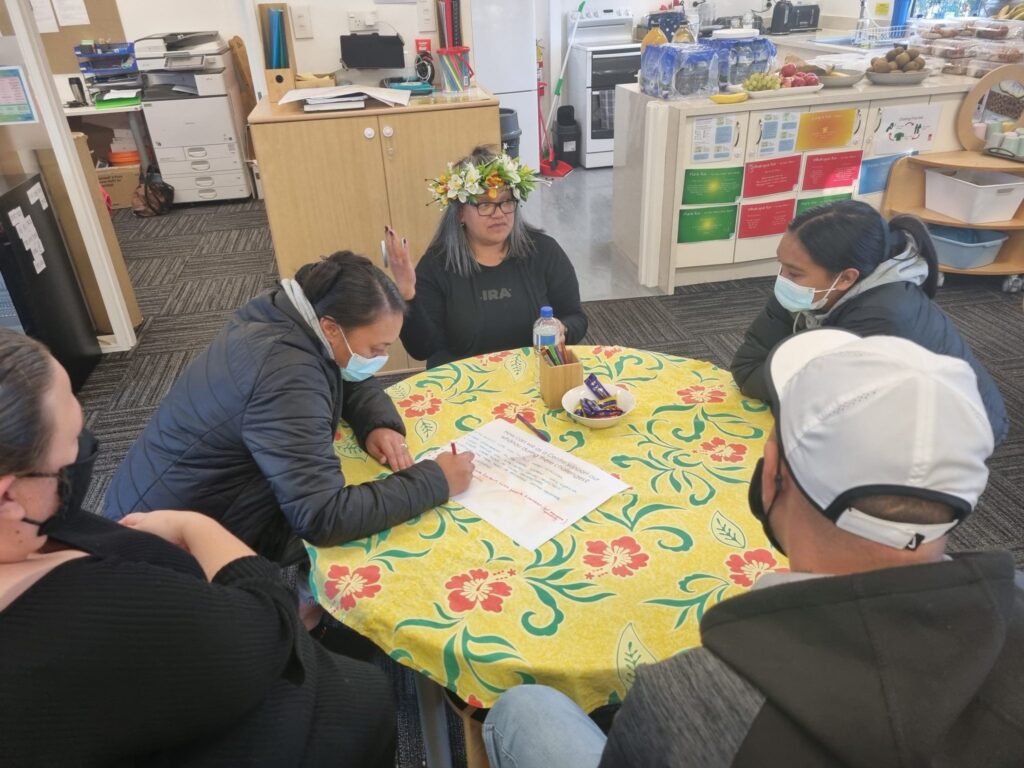
The centres learned insights gathering and design-thinking in order to co-design with whānau to understand their educational needs and aspirations. Each centre tested solutions co-designed with parents in order to improve learning experiences and outcomes of their 0-5 year olds.
Centre Manager for CMK Wiri Suzanne Magatogia says the workshops helped them think differently.
“It made us slow down in the way that we were thinking,” she recalls, “usually for work we’re on the go and we do get to the end and we don’t carry it on, so the amount of time that we got to learn and do the workshops is a huge bonus.”
The time allotted both to the workshop, and towards the time of completing each stage of the entire design-process, the team felt they were provided a space for peer support that saw them learn together and allow them to share stories of the experiences and impact of working in this new way.
“The workshops were really reassuring and refreshing, helping our team to think of new ways and how to approach families,” says Inano, Centre Manager for The Pacific Early Learning Community Centre (PELCC).
“We continue to encourage and educate our parents on how we can provide healthier options for our tamariki’s lunch boxes. That was our focal point we came to after engaging with our parents about how we can better help them.”
Systems Innovator Ashlynn Ale says it’s been good to see the centres’ thrive since completing their design challenges but more importantly how the relationships between the centres and their families have been strengthened.
“It’s important that they continue to include their centre families when it comes to the learning of their children, and we’ve seen the lines of communication improved.”
“More importantly our ECEs are considering the underlying causes of poorer health and learning outcomes before identifying the changes that can be made together with families and not for them.”
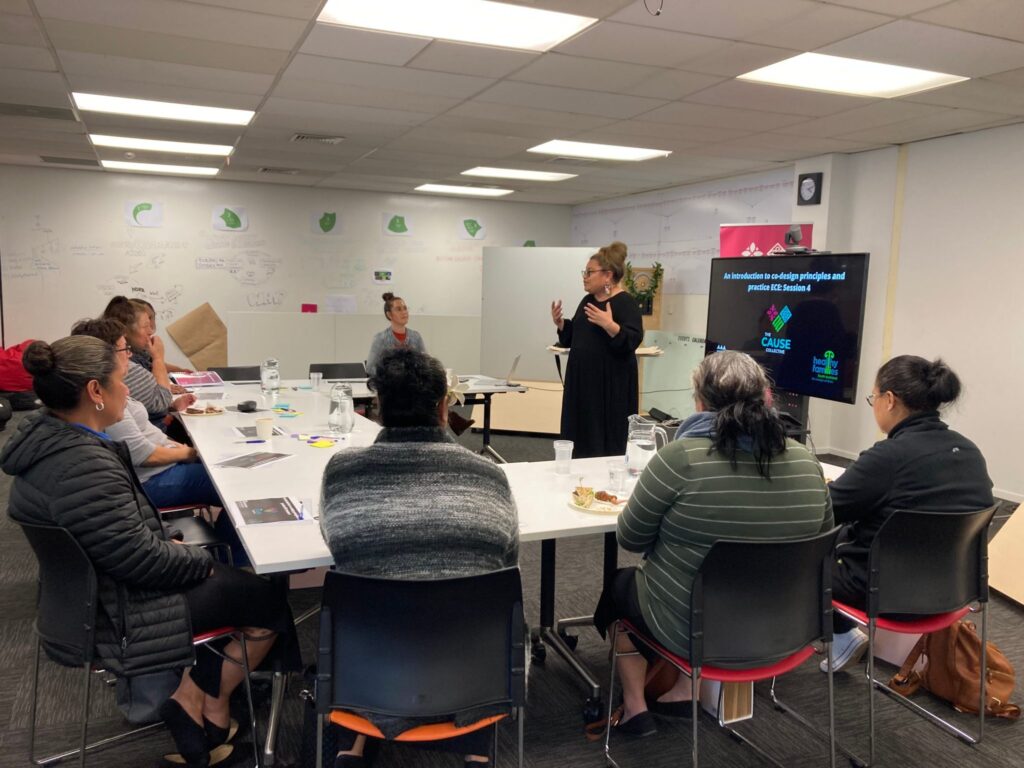
ˆThe Pacific Education Innovation Fund opened in 2020 to educators, early learning services, schools, tertiary providers and community groups throughout Aotearoa to apply to support innovative practices that respond to the curriculum and wellbeing needs of Pacific learners.
